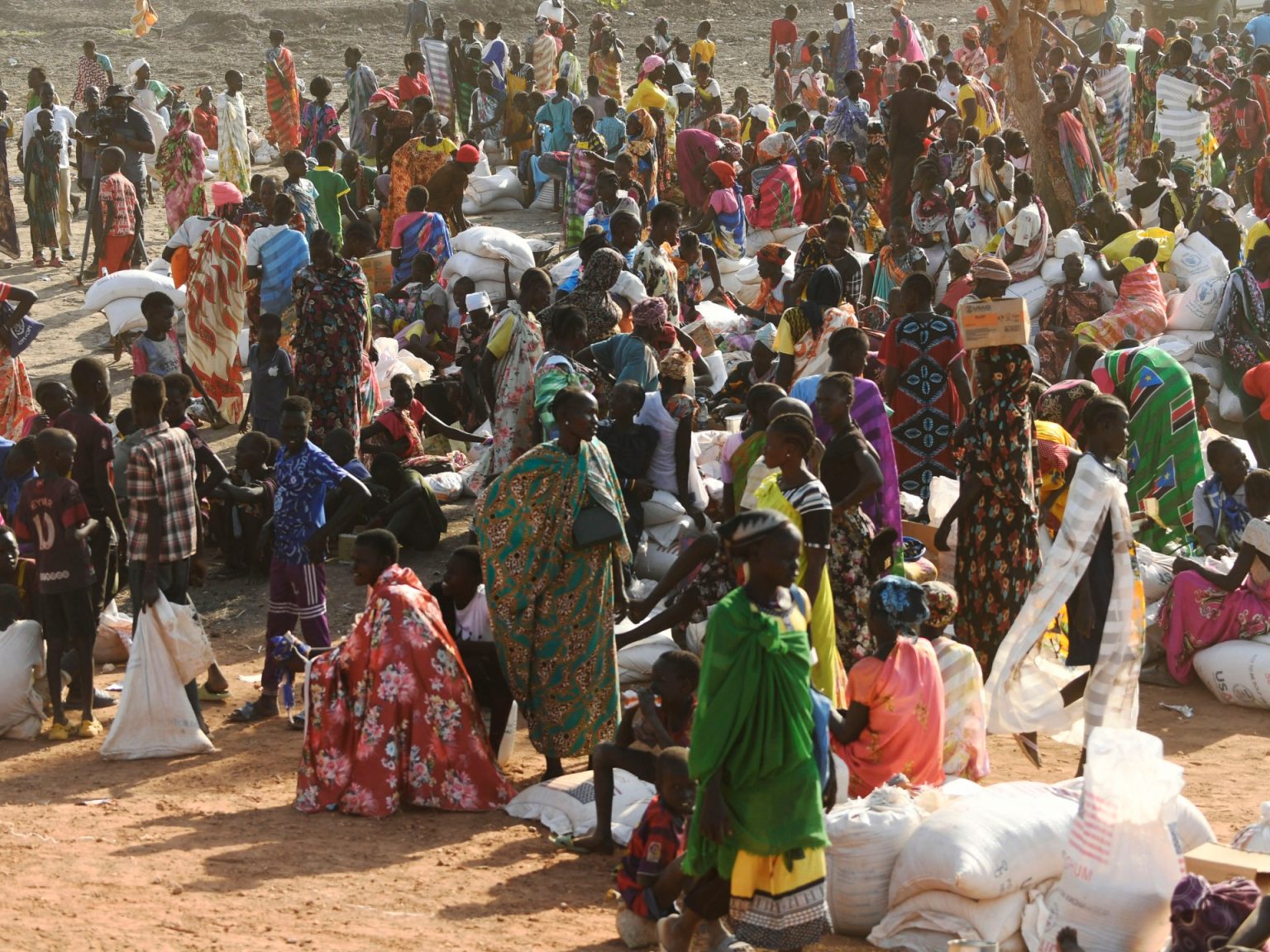The ongoing conflict in Sudan, which erupted in April 2023 between the Rapid Support Forces (RSF) and the Sudanese Armed Forces (SAF), has triggered a massive humanitarian crisis, displacing over one million people and pushing the country to the brink of famine. The fighting, marked by indiscriminate shelling of residential areas and accusations of war crimes on both sides, has resulted in the deaths of tens of thousands and left millions more in desperate need of aid. The scale of displacement is staggering, with the majority of those fleeing seeking refuge in neighboring South Sudan. This influx has placed immense strain on South Sudan’s already limited resources, highlighting the urgent need for international assistance.
The United Nations has documented the passage of over one million people into South Sudan as a direct consequence of the conflict. The Joda border crossing alone has witnessed over 770,000 crossings in the past 21 months, with tens of thousands more entering through other points. While many of these refugees are South Sudanese nationals returning to their country of origin after previously fleeing civil war, the sheer volume of arrivals has overwhelmed existing infrastructure and support systems. Transit centers in Renk County, designed for a fraction of the current population, are now struggling to accommodate the overwhelming influx. The UN has repeatedly called for increased international support to address the growing needs of both the displaced population and the South Sudanese communities hosting them.
The humanitarian situation within Sudan itself is equally dire. The relentless conflict has disrupted essential services, leaving millions without access to food, water, and healthcare. The UN-backed Famine Review Committee has confirmed famine conditions in several areas, including displacement camps in North Darfur and communities in the Nuba Mountains. The ongoing fighting has hindered access for humanitarian organizations, further exacerbating the suffering of those trapped in conflict zones. The convergence of displacement, food insecurity, and violence has created a perfect storm of human suffering, demanding immediate and sustained global attention.
The impact on South Sudan, already grappling with its own internal challenges, is particularly acute. The sudden influx of refugees has stretched resources to the breaking point, putting immense pressure on healthcare facilities, water supplies, and shelter capacity. While the South Sudanese people have demonstrated remarkable generosity in welcoming those fleeing the conflict, their ability to provide adequate support is severely limited. The UN has emphasized the urgent need for greater international assistance to bolster South Sudan’s capacity to cope with the crisis and avert a further deterioration of the humanitarian situation.
The consequences of the Sudanese conflict extend beyond immediate humanitarian concerns. The mass displacement has disrupted livelihoods, separated families, and created a generation of children facing trauma and uncertainty. The insecurity and instability fueled by the conflict also pose a risk to regional stability, with potential spillover effects into neighboring countries. The international community must prioritize a coordinated response to address the multifaceted challenges posed by the crisis, including providing humanitarian assistance, promoting peace and reconciliation, and supporting long-term recovery and development efforts.
Addressing the root causes of the conflict is crucial to achieving a sustainable resolution. The international community must exert pressure on all parties to the conflict to cease hostilities, engage in meaningful dialogue, and respect international humanitarian law. A comprehensive approach that addresses the political, economic, and social drivers of the conflict is essential to building a durable peace and preventing future outbreaks of violence. The Sudanese people deserve an end to the suffering and an opportunity to rebuild their lives in safety and dignity. The international community has a responsibility to stand in solidarity with them and provide the necessary support to achieve this goal.

